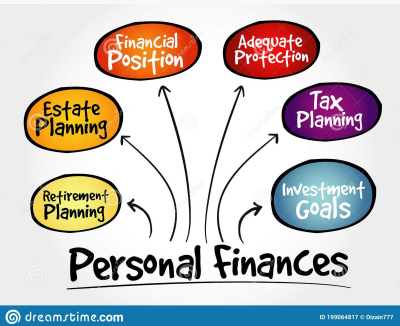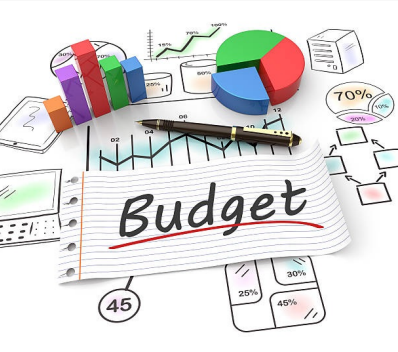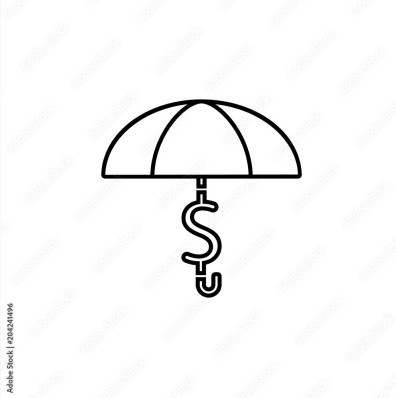The Best Strategies for Managing Personal Finances
By Dedrick Reinger
April 27, 2023
Spring is the perfect time to assess and improve your financial life. With the right strategies and tools, you can take control of your personal finances and build a solid foundation for a secure future. In this article, we will explore some of the best strategies for managing personal finances, including budgeting, automating savings, wealth management, and dealing with debt and inflation.
Assess Your Spending Habits and Create a Budget
Start by reviewing your bank statements and credit card bills to get a clear picture of your spending habits. Look for subscriptions you no longer need or have duplicates of to reduce spending. Creating a budget is essential to give each dollar you earn a “job” and become a more conscious spender. You can use budgeting apps like YNAB or Mint, or opt for the traditional pen-and-paper method.
Automate Savings and Roll Over Old Retirement Accounts
Automating your savings is a great way to ensure you’re consistently putting money aside for your future. Set up regular transfers to a savings account, and consider rolling over old retirement accounts to avoid fees and consolidate your savings.
Wealth Management and Financial Advisers
Wealth management helps individuals accumulate and preserve assets for financial security. It involves a variety of financial practices, strategies, and tactics. Starting early is proactive and can better your retirement position later in life. Financial advisers and wealth managers provide expertise and advice to help individuals build and maintain personal wealth. They act as a “quarterback” to devise a plan, monitor investments, and stay updated on regulations and laws. Look for a company with depth and varied experience in investments and retirement planning, as well as positive referrals and retention.
Understanding and Managing Personal Debt
Getting a handle on your debts is crucial for managing your finances. Too much debt is different for everyone, but it should be manageable. The debt-to-income ratio (DTI) is a helpful tool for assessing debt, with a DTI ratio of 36% or lower considered manageable. Americans carry a staggering amount of debt, with an average household debt of over $100,000. Debt relief programs can help manage and pay off debt, but they often charge fees for their services. Debt settlement can provide new terms with a reduced balance, but it can negatively impact your credit score and stay on your credit history for up to seven years. Debt can also be managed through consolidating debts into a new one with better terms.
Protecting Your Finances Against Inflation
Rampant inflation is causing consumers in the U.S. to rethink how they allocate their funds. Approximately 63% of respondents said that they try to shop smarter to save money, 32% cut back on building their emergency fund, and 18% have stopped saving for retirement. Experts advise against cutting back on emergency funds and retirement savings unless absolutely necessary. Reevaluating investment portfolios and looking into assets that tend to outperform during inflationary times, such as real estate, gold, and floating-rate bonds, can help protect against inflation. Negotiating bills can also help free up funds for savings.
Like what you’re reading?
Subscribe to our top stories
By entering your email and clicking Sign Up, you're agreeing to let us send you customised marketing messages about us and our advertising partners. You are also agreeing to our Privacy Policy .





